In real estate, where timing, communication, and data accuracy play a vital role in closing deals, having the right tools in place makes all the difference. Salesforce for real estate has emerged as a powerful solution to help property businesses stay organized, responsive, and growth-focused.
Whether you’re a brokerage firm, a property manager, or a real estate consultant, this guide walks you through how to effectively implement Salesforce, customize it for your business, and maximize its potential.
Why Use Salesforce in Real Estate?
Real estate is no longer just about listings and open houses—it’s about delivering timely, personalized experiences to buyers, sellers, and renters. Here’s how Salesforce helps you do that:
Lead Management – Capture and manage buyer and seller inquiries from various sources in one centralized place.
Client Relationship Management – Track interactions, preferences, and touchpoints to build stronger relationships.
Property Listings & Inventory – Maintain accurate records of available properties, pricing, photos, and features.
Marketing Automation – Send personalized emails, set reminders, and track campaign performance without manual effort.
Reporting & Analytics – Make faster, informed decisions using real-time dashboards and performance reports.
Steps to Implement Salesforce for Real Estate
1. Define Your Goals
Before setting up the system, ask yourself what success looks like. Do you want to convert more leads? Improve team collaboration? Shorten the sales cycle? Your answers will guide the customization and setup process.
2. Select the Right Salesforce Products
Salesforce offers multiple clouds that can be adapted for real estate:
- Sales Cloud – Great for managing leads, deals, and the sales pipeline.
- Service Cloud – Ideal for handling support tickets and client service requests.
- Marketing Cloud – Helps automate and personalize marketing campaigns.
Pick the combination that aligns with your business size and needs.
3. Customize Salesforce for Your Workflows
Every real estate business is unique, and Salesforce is built for flexibility.
- Custom Objects: Create modules for properties, leases, or appointments.
- Custom Fields: Add data points such as square footage, location, or property type.
- Automation: Set up rules to assign leads, schedule follow-ups, or trigger alerts when a deal progresses.
Customizing Salesforce the right way helps your team work smarter—not harder.
4. Connect Your Existing Systems
Real estate companies often use third-party tools for listings, payments, or marketing. You can integrate many of these with Salesforce:
- Property Portals & Listing Services
- Accounting Software (like QuickBooks or Xero)
- Email Marketing Tools (like Mailchimp or ActiveCampaign)
This integration ensures data moves seamlessly between platforms, eliminating double work.
5. Train Your Team
Even the most advanced CRM won’t add value if your team doesn’t use it correctly. Offer role-based training that covers:
- Basic navigation and task management
- Entering leads and updating property records
- Creating reports and dashboards
- Best practices for maintaining data quality
Encourage adoption by showing how the platform helps—not hinders—their daily work.
6. Measure, Improve, Repeat
Once Salesforce is live, monitor how it’s being used. Track KPIs like:
- Lead response time
- Conversion rates
- Property sales cycle length
Use feedback from your team to refine workflows, dashboards, and automations. Salesforce is not a one-time setup—it evolves with your business.
Best Practices for a Smooth Implementation
Start Small – Consider launching with a small team or one department before a company-wide rollout.
Keep Data Clean – Remove duplicates and outdated records before migrating to Salesforce.
Focus on User Experience – Build simple layouts and avoid cluttered dashboards.
Stay Updated – Salesforce releases regular updates; keep your system current to benefit from new features.
Final Thoughts
Implementing Salesforce for real estate can help you scale your business, close more deals, and offer a better experience to your clients. With the right strategy, customization, and training, Salesforce becomes more than a CRM—it becomes a growth engine for your agency. By integrating tools like the Salesforce SMS App, real estate agents can instantly connect with leads, send automated property updates, and ensure timely follow-ups.
Need help getting started?
Our team can support you with tailored Salesforce implementation, integration, and support for real estate.
Email: sales@kcloudtechnologies.com
Demo requests: contact@kcloudtechnologies.com
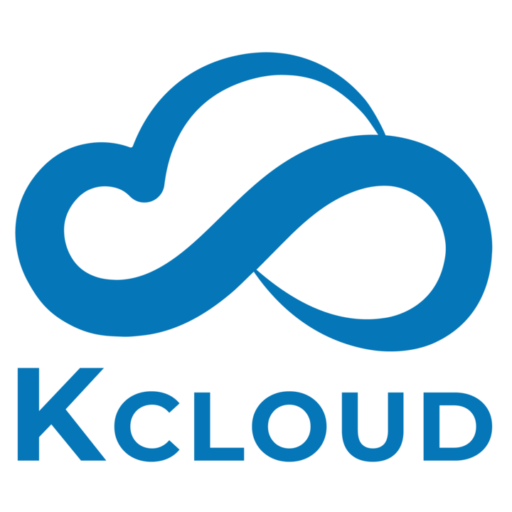
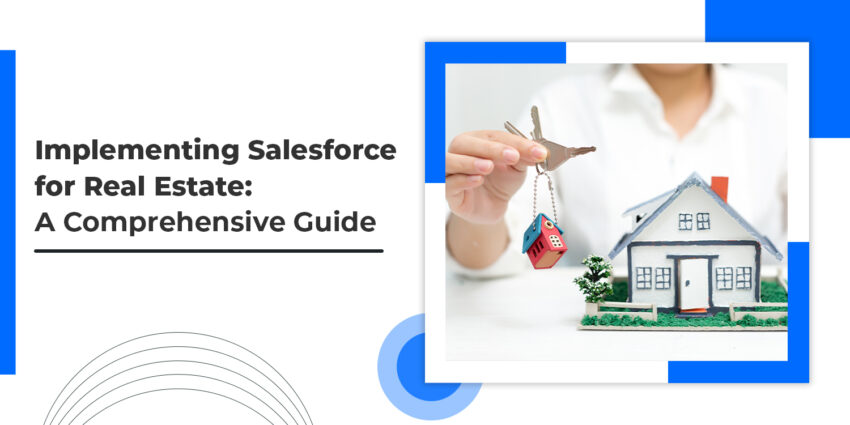




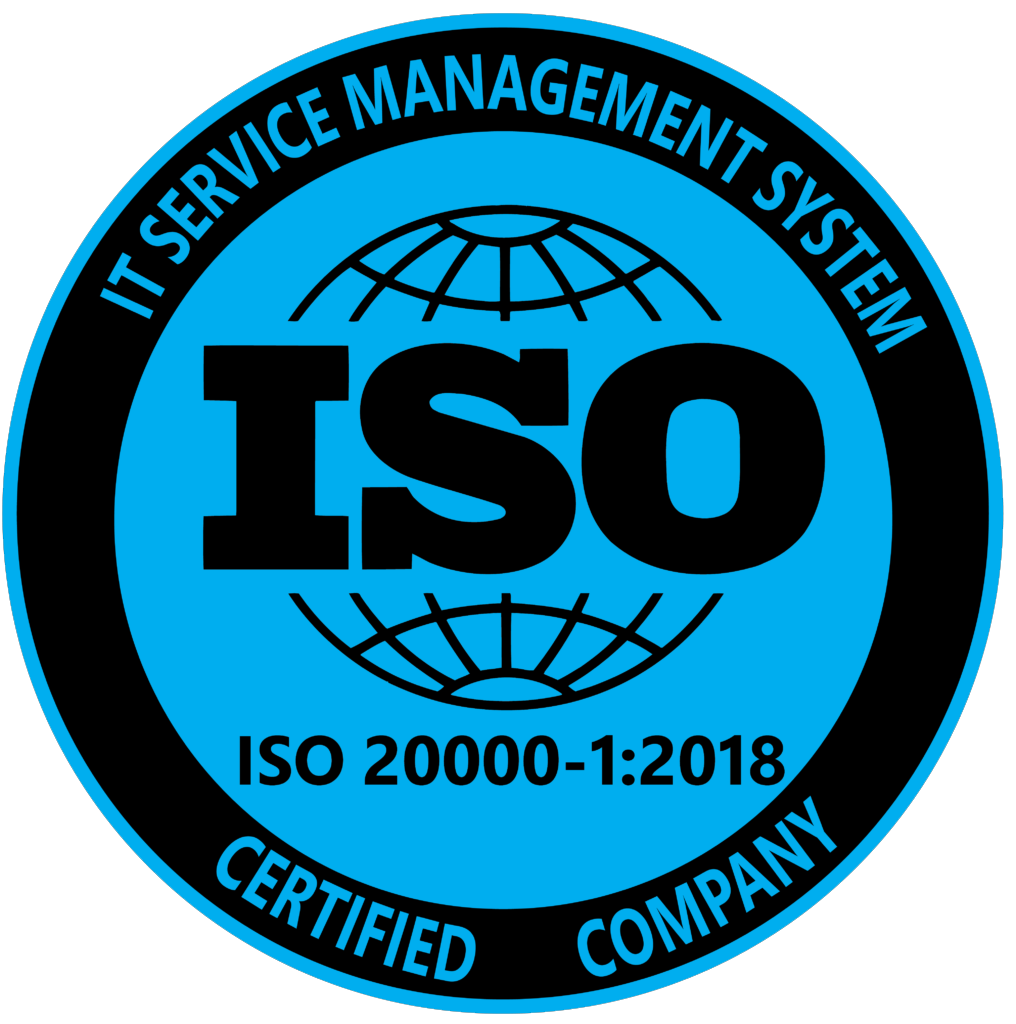
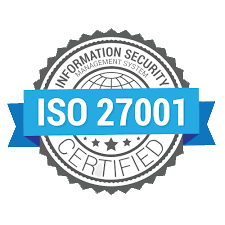

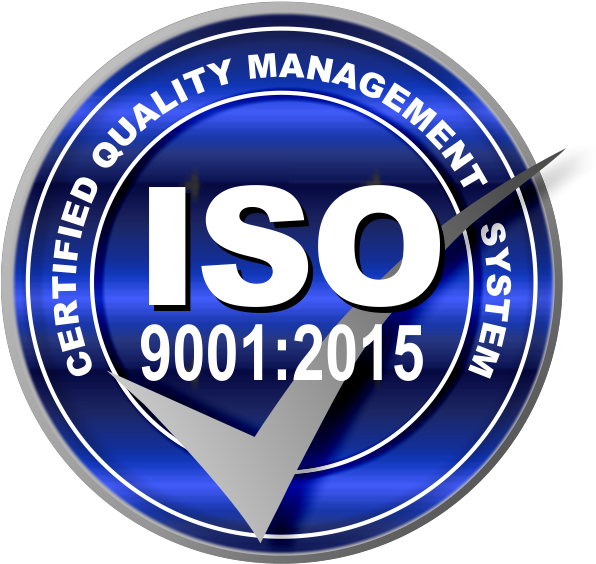
"i must say, i am impressed by the professionalism of the kcloud team. we had requested them to work on the first phase of our salesforce project and they completed before the estimated timelines, at a reasonable cost and 100% accuracy. i wish the team to keep it up."